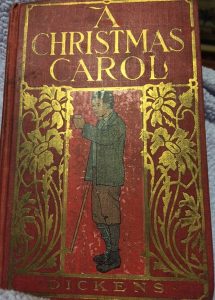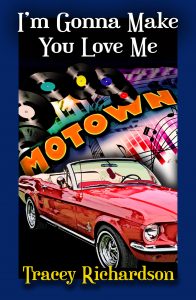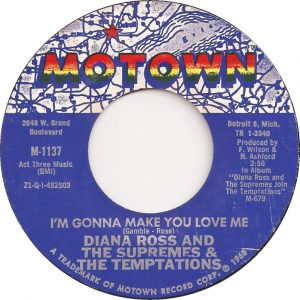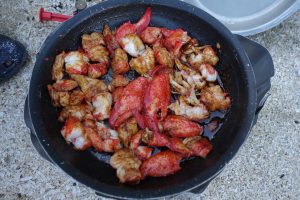Because we’re such a curious bunch, writers are always on the lookout for material to inspire, educate, fascinate. Cafes, restaurants, concerts, sporting events — any place where people congregate — is a great source for material.
 But the best place? Go sit in a hospital emergency room for a while, because these places are teeming with humanity. An ER is a window to the world of how people respond, cope, survive (or not), how they give and take, how they communicate and, well, everything in between.
But the best place? Go sit in a hospital emergency room for a while, because these places are teeming with humanity. An ER is a window to the world of how people respond, cope, survive (or not), how they give and take, how they communicate and, well, everything in between.
Recently I made the trip to the ER because I had an excruciatingly painful flare-up of a shoulder condition, and I wasn’t sure exactly what was causing it. The pain was making me nauseous and spiking my blood pressure, so off my partner and I went for the long wait to see a doctor.

 I like planning. I like being organized. I like being methodical, chronological, practical, predictable. It’s not in my DNA to wander the literary landscape without a map, without a plan. And yet this is exactly where I find myself after recently having completed my 13th novel (due for publication this December by Bella Books).
I like planning. I like being organized. I like being methodical, chronological, practical, predictable. It’s not in my DNA to wander the literary landscape without a map, without a plan. And yet this is exactly where I find myself after recently having completed my 13th novel (due for publication this December by Bella Books).
 Writing a novel is really like putting a puzzle together. Characters, plot, setting, theme, dialogue, emotion. Or perhaps it’s more like cooking a stew.
Writing a novel is really like putting a puzzle together. Characters, plot, setting, theme, dialogue, emotion. Or perhaps it’s more like cooking a stew.
 The title of this blog was originally, ‘Deadlines be Dammed’, which sounds brash, but that isn’t what I needed to write.
The title of this blog was originally, ‘Deadlines be Dammed’, which sounds brash, but that isn’t what I needed to write. Saying goodbye is never easy, especially to something you’ve spent more than a year with, and almost every day. If not physically every day, certainly mentally and emotionally.
Saying goodbye is never easy, especially to something you’ve spent more than a year with, and almost every day. If not physically every day, certainly mentally and emotionally. You already know how to write, so why should you take an online writing course?
You already know how to write, so why should you take an online writing course? In Ian Hamilton’s crime series, Ava Lee is always eating interesting and descriptive food. In the book, The Wild Beasts of Wuhan, Ava Lee orders “sautéed languoustines with crab tortellini in a shellfish bisque as a starter, and pan-fried black bream with truffle mashed potatoes as her main.”
In Ian Hamilton’s crime series, Ava Lee is always eating interesting and descriptive food. In the book, The Wild Beasts of Wuhan, Ava Lee orders “sautéed languoustines with crab tortellini in a shellfish bisque as a starter, and pan-fried black bream with truffle mashed potatoes as her main.”